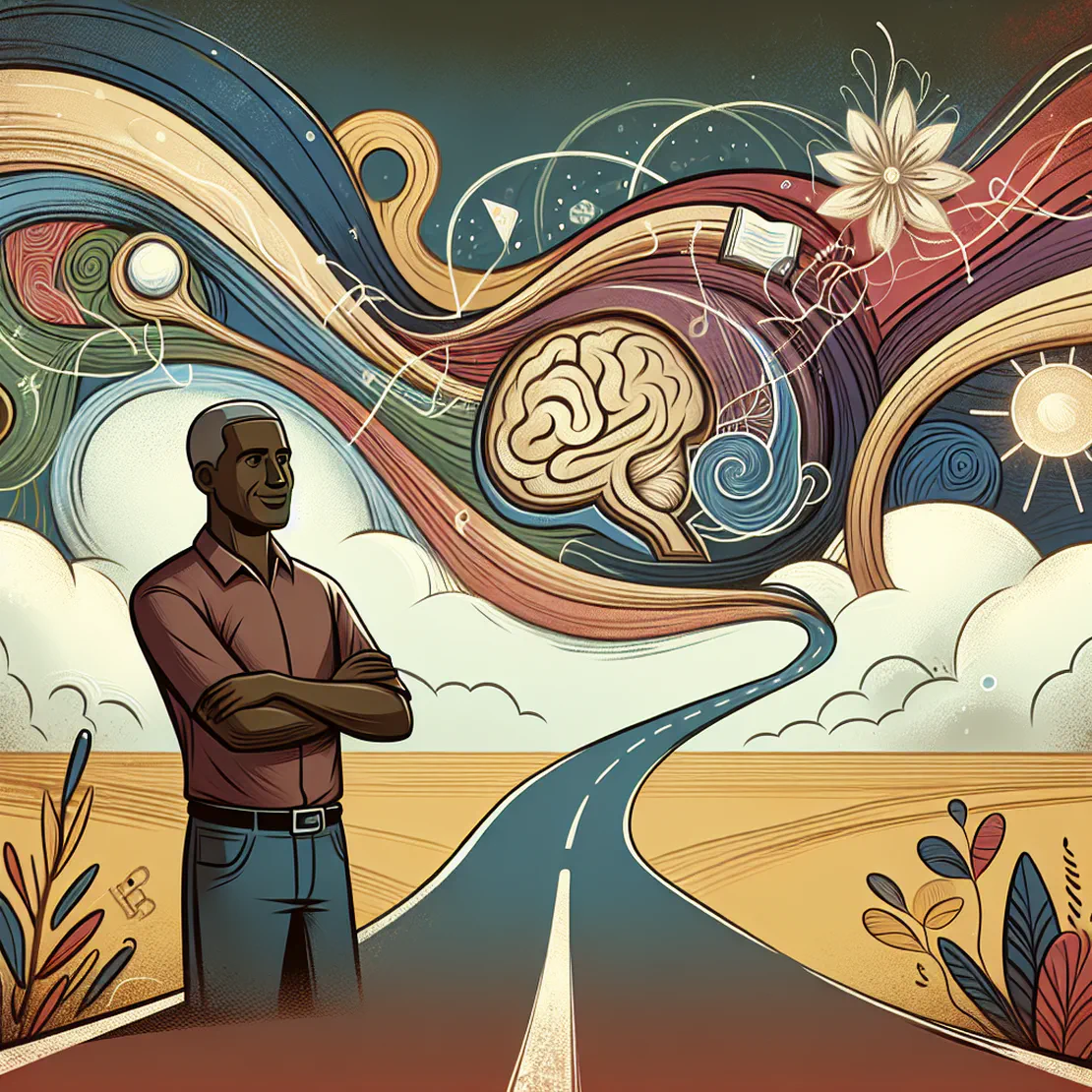
129 Maps Of Meaning 1 Context And Background
Table of Contents
At a Glance
-
Importance of Reflection - “what happened to me when I was six, round six, that was important” The professor emphasizes the significance of reflecting on past experiences and how they shape our understanding of ourselves.
-
The Power of Narrative - “the world of narrative will open up for you” The professor highlights the importance of understanding narratives in understanding human behavior and decision-making.
-
Implicit vs. Explicit Knowledge - “you have the information represented in you, in action, in your procedures, in your habits, and in your perceptual structures. It’s implicit.” The professor discusses how people often possess implicit knowledge that can be articulated through learning and reflection.
-
The Value of Storytelling - “if any of that happened today during this lecture to you, well, then that’s a good sign that you might benefit from the course” The professor uses storytelling as a way to engage with his audience and illustrate key concepts.
-
The Role of Carrot and Stick - “you need a carrot and a stick because you guys are busy and you know you’re gonna triage and do the things that are crucial and perhaps not the things that aren’t” The professor acknowledges the challenges of keeping students engaged and motivated, highlighting the need for incentives and clear expectations.
-
The Significance of “Clicking” - “it makes sense, it clicks, it clicks” The professor describes the moment when a concept or idea suddenly becomes clear and understandable, often accompanied by a feeling of excitement and insight.
What to Do
-
Make time for reflection and self-awareness - The speaker mentions that taking time to reflect on past experiences, even small ones like being six years old, can lead to unexpected insights and memories. This suggests that making space for introspection and self-awareness is essential.
-
Don’t be afraid to revisit existing knowledge - The speaker notes that sometimes we may feel like we already knew something, but didn’t realize it until it was pointed out to us. This encourages readers to revisit their existing knowledge and consider new perspectives.
-
Look for connections between seemingly unrelated ideas - The speaker suggests that the world of narrative can open up for you when you look for connections between different ideas and concepts. This encourages readers to seek out relationships between disparate ideas.
-
Recognize that implicit knowledge is just as valuable as explicit knowledge - The speaker mentions that our procedures, habits, and perceptual structures contain implicit knowledge that we may not be aware of. This suggests that recognizing and tapping into this implicit knowledge can be a powerful tool for personal growth and development.
-
Don’t be too quick to dismiss new ideas or perspectives - The speaker advises readers to give the course another chance if it didn’t resonate with them initially, suggesting that sometimes we need to revisit an idea or perspective before fully understanding its value.
What to Get
-
Maps of Meaning: The Architecture of Belief by Jordan Peterson - Amazon - For delving deeper into topics covered in the podcast topic.
-
12 Rules for Life: An Antidote to Chaos by Jordan Peterson - Amazon - For delving deeper into topics covered in the podcast topic.
Summary
In this episode, Jordan B. Peterson is likely speaking to his students about an upcoming assignment and course material. He mentions that there will be two assignments, an essay, and a final exam, all related to the class material. He emphasizes the importance of reading the book and attending classes in order to have a solid understanding for the final exam.
One of the most interesting points Peterson makes is about the way people learn and understand new information. He explains that often, people already possess the knowledge they need, but it’s implicit - meaning they haven’t explicitly thought about it or articulated it. However, when presented with certain ideas or concepts, these implicit beliefs can become explicit and make sense to them. Peterson uses this concept as a way to explain why his lectures might be helpful for students.
Throughout the episode, Peterson also discusses the importance of understanding narrative structures and how they shape our perceptions of the world. He explains that by learning about these patterns, people can gain a deeper understanding of themselves and others. This idea is likely related to his book “Maps of Meaning”, which explores the concept of narrative and its role in shaping human culture.
The tone of the episode is informal and conversational, with Peterson speaking directly to his students. He seems to be trying to engage them and make the material more interesting and accessible. Despite being a bit unstructured at times, the conversation flows well and covers some thought-provoking topics. Overall, this episode gives listeners a glimpse into what it’s like to take one of Peterson’s classes, and how he tries to approach teaching and learning in an engaging and meaningful way.


